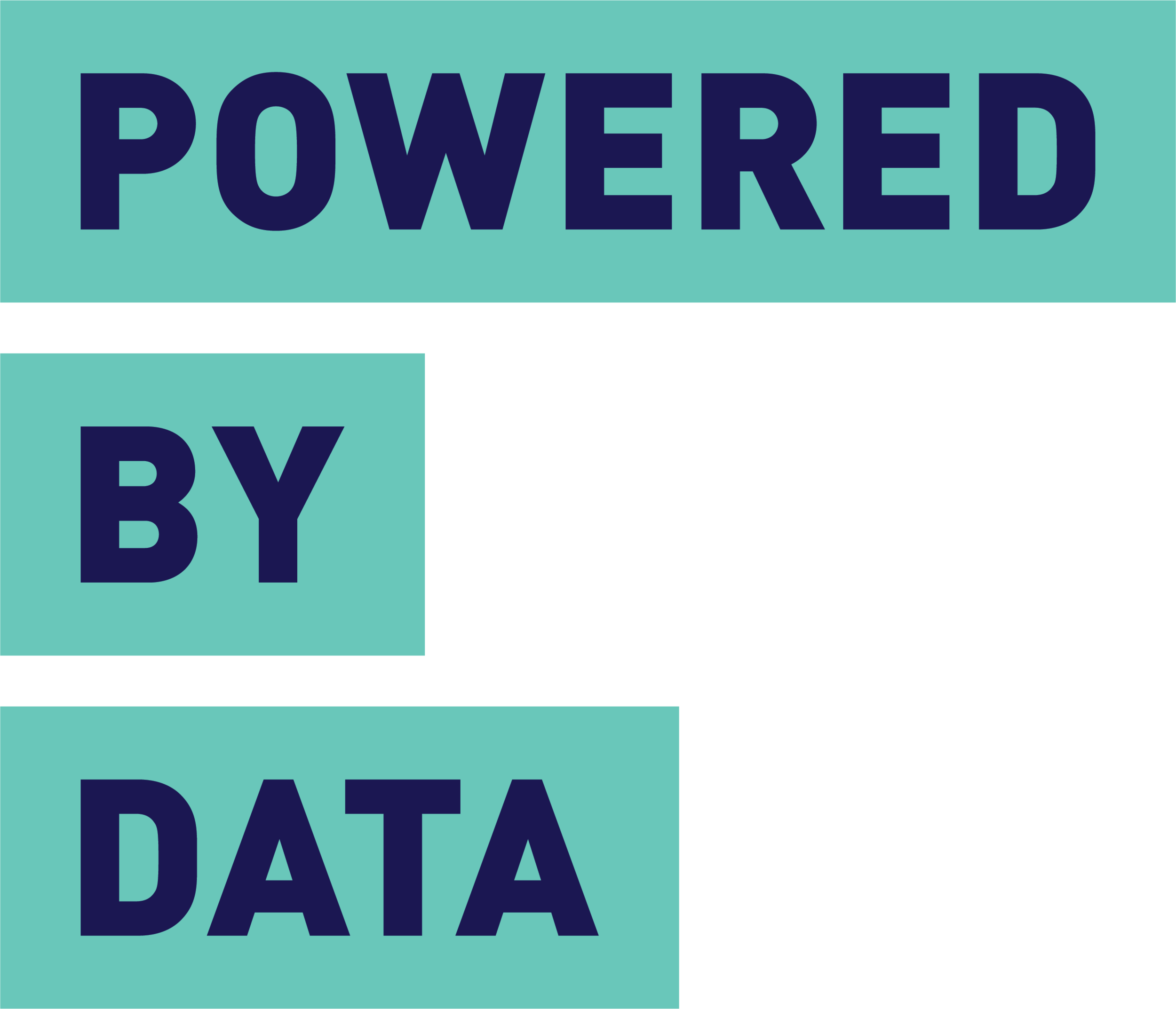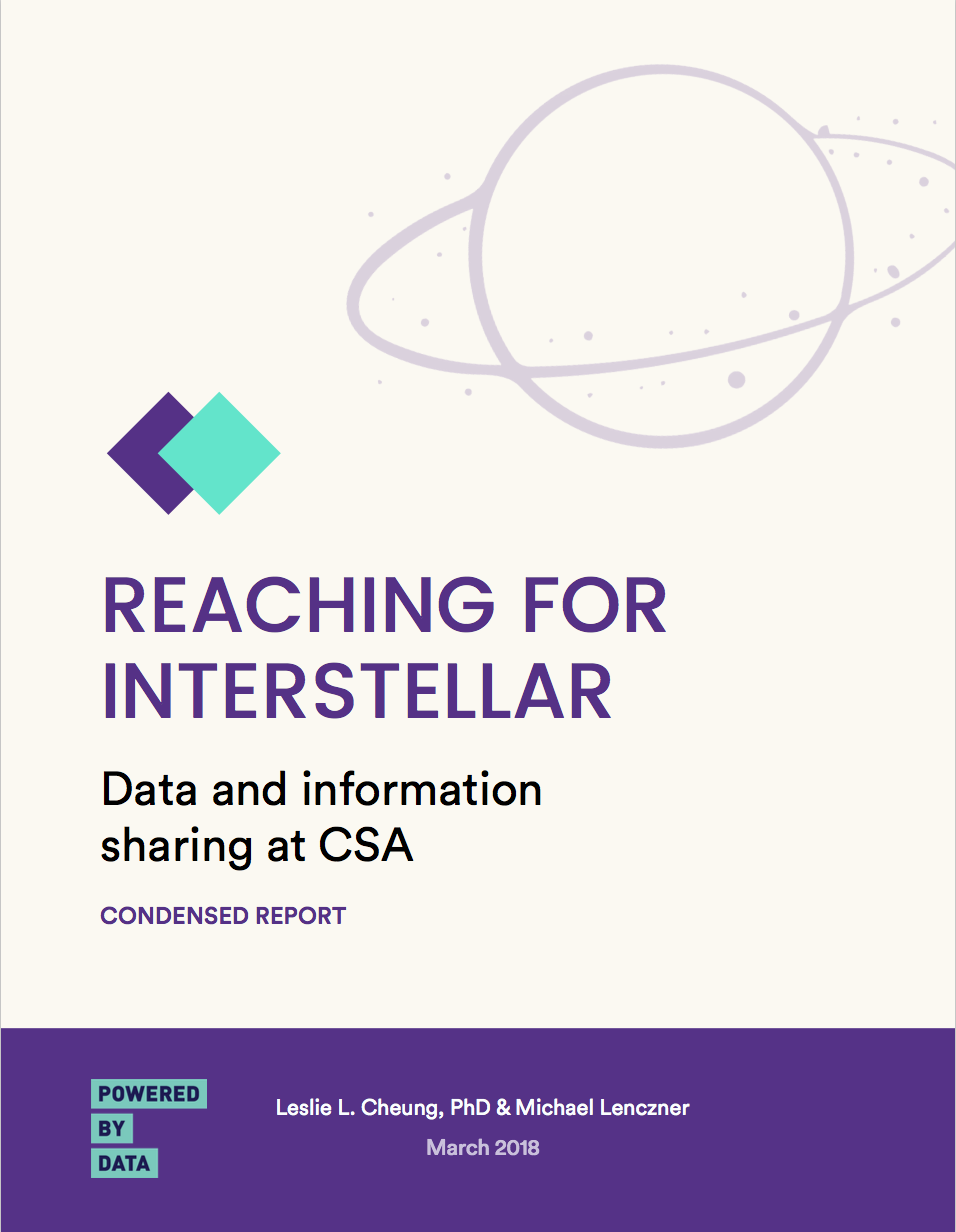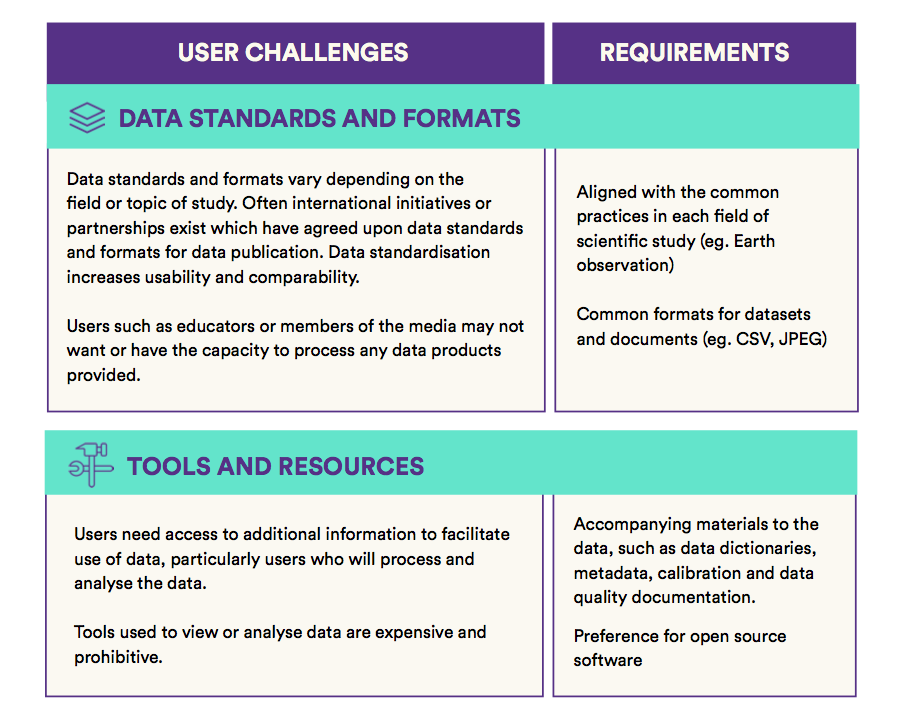3 ways a user-centred approach can inform your organization’s open data strategy
How might an organization optimize the public utility of its data? There’s a simple answer to this question; one that’s often under-explored in the design and development of open data strategies: Identify and engage with potential users of the data.
We explored a user-centred approach in our recent work with the Canadian Space Agency (CSA), where we provided strategic support around the agency’s open government plan. We developed a set of recommendations for how CSA’s open data strategy could help further their broader mandate of ensuring that space, science, and technology data and information provides social and economic benefits to Canadians. A key component of this work involved interviewing and surveying potential users of space data across a wide spectrum of backgrounds.
In this blog post, we highlight three ways stakeholder consultation informed our data-sharing recommendations to CSA—and the value this approach offers in designing open data strategies more broadly.
1) It uncovers new use cases for data
Knowing why people may be interested in your data allows you to prioritize which data sets to release openly, plan how data is discovered, and understand the conditions under which data can be most useful to stakeholders. Rather than making assumptions around what people need, engaging directly with users from a broad range of fields and backgrounds can uncover new understandings of how data could be applied and used across contexts.
For example, in our online survey and follow-up interviews with potential users of CSA data, we consulted with users from a range of industries, including research, education, government, museums, and media. We identified a breadth of uses for space data that reflected the diversity of respondents. These included using space data to support environmental policy and planning decisions, public engagement with scientific information, supplementing high school science curricula, and innovating new technologies.
Potential users expressed interest in using space data for policy, planning, and decision-making
2) It helps identifies barriers to data use
Open data sets have little value if they are not used, if the public do not know they are openly accessible, or if people have trouble finding them. Knowing what barriers might exist to data use and discovery is an important step for increasing the utility and value of an organization’s data holdings.
Some users identified a lack of technical capacity as a barrier to using CSA data.
For example, our consultation with potential users of CSA data revealed a number of barriers to potential data use, including a lack of technical capacity to process large datasets, difficulties in understanding licenses, and a lack of familiarity with the Government of Canada’s Open Data portal. Knowing that these roadblocks exist can enable an organization to shape their data practices to account for these barriers.
3) It informs the direction of future data sharing practices
Once an organization has a good grasp of how data could be used—and what would prevent people from using their datasets, it can begin to strategize around necessary changes to its data sharing practices.
In our work with CSA, each user challenge identified enabled us to suggest potential requirements for how data could be published to mitigate that challenge. For example, to make open data sets more user friendly, CSA could publish alternate data formats that require less technical capacity to process (e.g. .CSV instead of .JSON).
So—what’s the take home lesson? Talk to the people you want your data to serve. Individual users, including those who would not typically be considered data “experts”, offer unique understandings of how open data can be most impactful and useful.
This blog post is the first of our three-part series on our work with the Canada Space Agency. Stay tuned for more learnings and reflections that we’ll be sharing on this work in the coming weeks!
Work with us to integrate a user-centred approach in your data strategy.
Are you interested in how stakeholder consultation could inform your organization’s open government or open data strategy? Our consulting work is ongoing. Learn more about our services, or start developing your data strategy now by getting in touch with our team directly here.
Want to stay updated on Powered by Data's work? Subscribe to our mailing list.




